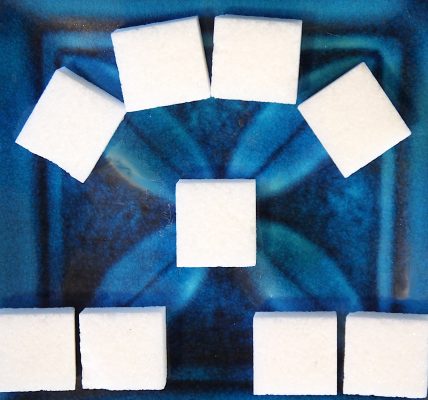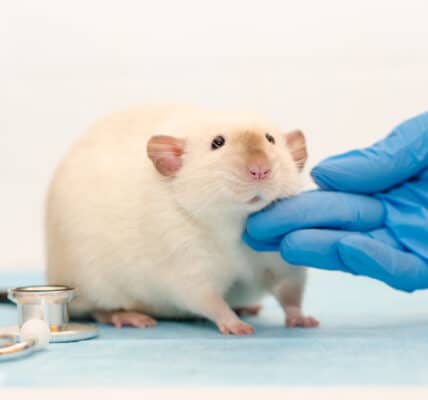The Anticipation Wrinkle

It is interesting to look back more than a decade at what was being thought and said about binge eating, a disorder that does not easily fit the addiction mold, but certainly shares characteristics. It is also easy to doubt and question. If any of the history means anything, how could binge eating not have been cured by now? But look around. There are more obese people than ever, and they did not achieve this by giving up binge eating. So, what is going on?
A report from Brookhaven National Laboratory back in 2011 was said to reveal “a subtle difference between ordinary obese subjects and those who compulsively overeat, or binge”:
In binge eaters but not ordinary obese subjects, the mere sight or smell of favorite foods triggers a spike in dopamine — a brain chemical linked to reward and motivation. The findings […] suggest that this dopamine spike may play a role in triggering compulsive overeating.
An article about chemicals related to mental health stated that people who are low in dopamine are exceptionally addiction-prone, and they seem to be particularly fond of stimulants, “to boost their energy, focus, and drive.” They go for caffeine, sugar, nicotine, and kratom at the legal end of the spectrum, and at the other end, methamphetamine:
What they are really doing is self-medicating to increase their dopamine levels. Using self-destructive behaviors to overcome dopamine deficiency can lead to addictions of all kinds — video games, shopping, gambling, sex, money, power, alcohol, and drugs.
Today in the popular understanding, dopamine seems to be universally regarded as “the reward.” But it has also been asserted that the dopamine/eating link is a two-way street. Apparently, eating causes dopamine and dopamine causes eating. The subtitle of the Brookhaven article when published was, “Evidence that brain’s reward/motivation circuits are linked to compulsive overeating,” a proposition that now seems painfully obvious.
Nevertheless, in this context, what does “linked to” mean? Common sense would suggest that a reward is something bestowed on a person when their goal has been reached; after what they desire has been acquired. There is a logical sequence — the action followed by the reward. A person fulfills the conditions — by consuming the desired food — and the consequent enjoyment is the prize. A person takes the requisite action, which in this case is eating a delicious thing — and during that process, as well as on completion of it, the reward of pleasure is delivered.
There is, however, a wrinkle, a veritable anomaly. Sometimes the reward, the dopamine hit, is delivered before the delicious thing is even eaten. Any researcher might reasonably ask, what’s up with that? For the Brookhaven paper, the scientists studied 10 obese people with the clinical diagnosis of binge eating disorder, and eight obese subjects who were not binge eaters. The study’s lead author, Gene-Jack Wang, told the press,
These results identify dopamine neurotransmission, which primes the brain to seek reward, as being of relevance to the neurobiology of binge eating disorder.
The news item contained this intriguing sentence:
Previous studies conducted by Wang’s team have identified a similar dopamine spike in drug-addicted individuals when they were shown images of people taking drugs.
The multiply talented Alexander King, in one of his several autobiographical volumes, described his incarceration at a federal institution for addicts where voluntary patients had their own rooms. One day King blundered into a sight that no one was meant to see, in the darkened room of a fellow addict, who happened to be a doctor. King writes,
He was kneeling beside his bed, with bowed head in an attitude of quiet reverence…
I proceeded silently to back out of the room. I made it, too, without his having seen me. But unfortunately for my soul’s equilibrium, I had seen him. He had his sleeve rolled high up above his elbow. His eyes were closed in unmistakeable ecstasy, while with his right hand he was giving himself an imaginary shot in the arm with a nonexistrent hypodermic syringe.
And, presumably, his dopamine count was through the roof.
Your responses and feedback are welcome!
Sources:
“Binge Eaters’ Dopamine Levels Spike at Sight, Smell of Food,” Brookhaven National Laboratory Newsroom, February 28, 2011.
“Dopamine Deficiency And Your Mental Health,” ElevatedLasVegas.com, December 1, 2017.
Image Copyright: Dean Hochman/ATTRIBUTION 2.0 GENERIC




